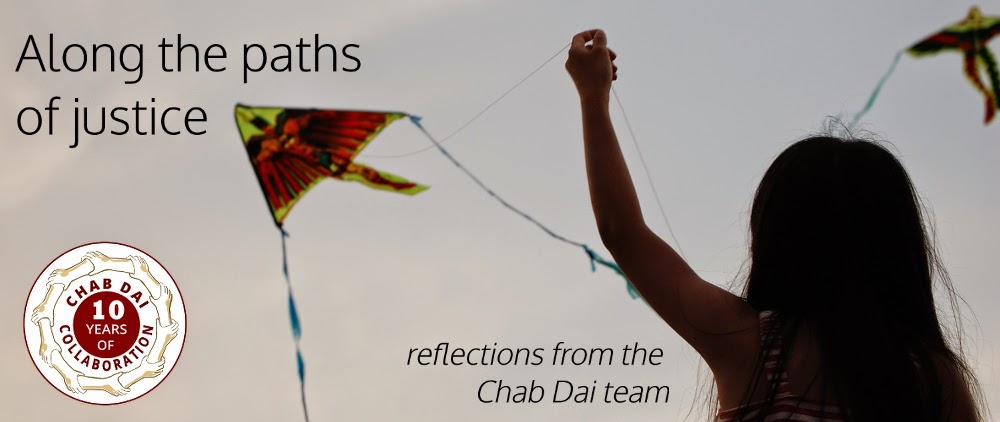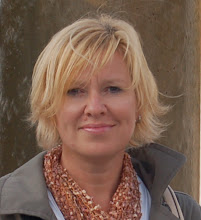The United States has recently seen an influx of unaccompanied minors from Central America. As the number of children crossing has been increasing this year, the American media has caught wind of how serious the situation actually is. According to the Center for Gender and Refugee Studies and Kids in Need of Defense, approximately 60,000 to 90,000 children are to be expected to cross by the end of this year. Most of the children are arriving from Guatemala, Honduras and El Salvador. Human traffickers are charging thousands to “assist” in the transportation of these children. But often these traffickers dump them at the border and force the children to figure out the rest. Some reports have stated that children are willingly walking up to Border Patrol because that is what they have been instructed to do by the traffickers. By using children as a commodity and manipulating families, traffickers are the only ones benefiting from the increase of violence in those countries.
Since the increase in coverage I have been hearing questions like "How could a mother leave her child?" and "Where are their parents in all of this?" The answer is neither simple nor pretty. Families desperate for safety see this as their little sliver of hope. Despite the risk, families hope that their children will be reunited with relatives already living in the United States (though those family members themselves are often living illegally). So when the opportunity arises for their child to get a chance at a better life, away from the violence and drugs, parents wholeheartedly believe the traffickers. Once traffickers convince parents with empty promises, parents make that huge sacrifice. With the hope of their children having a better future, families are putting their trust in these "coyotes." With these broken promises made, of either being reassured of safety or how "legal" it is, families part with their children. The most shocking thing I have read from all of this is that a large percentage of these children are toddlers.
This a complex issue. It's a transnational dilemma that many are not ready to face. I believe that this is not an issue solely restricted to one government, but it's an issue for all. It is a human issue. We all want the best for our loved ones. The fact that there are individuals manipulating that relationship is sickening. Dreams of "the other side" are interrupted with bewildered Border Patrol not knowing how to handle this influx. The children are instead welcomed to overflowing living corridors and an uncertain future. These children and families are vulnerable to manipulation and coercion. The easy way out of this is to merely say that this is a specific state’s issue. But in the end what is the bigger picture?



